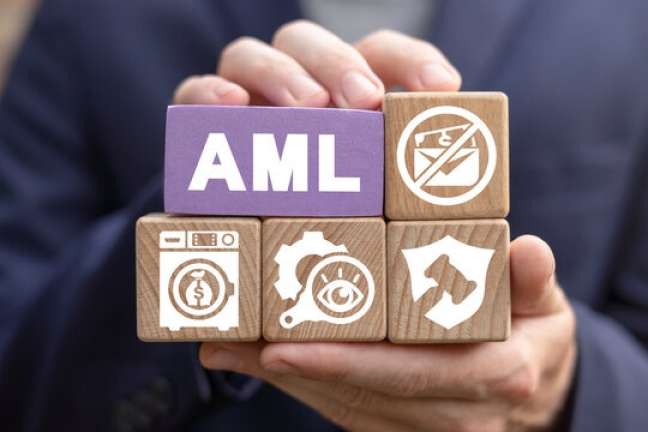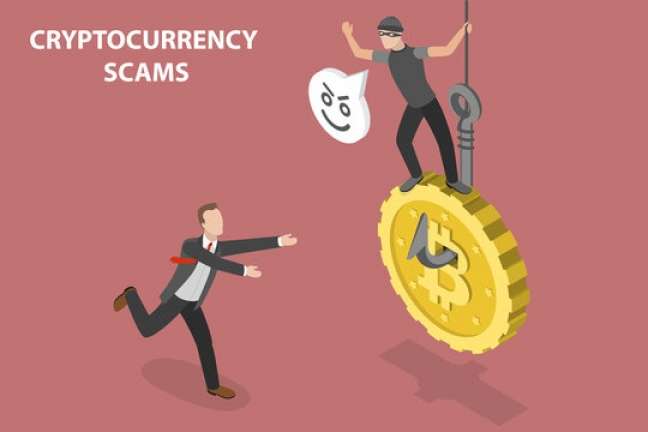Companies around the globe are heeding the call to go green. With the threat of climate change looming, business leaders are seeking new ways to pitch in on solutions. Fortunately, that doesn’t mean breaking the bank. Here are six straightforward ways to make your company more sustainable.
1. Invest in Digital Tools
It might seem counterintuitive that going digital can be good for the environment. IT applications are energy-intensive, as is the training of algorithms. Even so, there are two main benefits. First, virtualizing office spaces can curtail your real estate and carbon footprints. Second, doing business in cyberspace reduces your paper consumption. Even laundry companies are starting to use online billing and payment services. Shop around for apps and tools that fit your goals.
2. Purchase Green Infrastructure
Even a digital business requires some physical infrastructure. All appliances can be energy-intensive. This unfortunate truth means shopping around for the most efficient electronics is essential. The EPA’s EnergyStar program is a convenient way of assessing the energy efficiency of new devices. Consider doing this process in conjunction with an energy audit. Professional or DIY energy audits are an effective way of learning where and how you might be wasting valuable power.
3. Source Inventory Responsibly
Even if your company takes the environment seriously, that doesn’t mean your suppliers will. Good examples of responsible manufacturing include water-use reduction and the utilization of biodegradable chemicals in the production process. A commitment to fair trade is another sign that they take sustainable practices seriously. Don’t forget about the impact of packaging materials. The use of corn starch or bagasse paper has a notably lower impact than traditional packing materials. Double-check all the links in your supply change and analyze their environmental policies.
4. Invest in Renewable Energy
Perhaps the most impactful change you can make is to adopt green energy sources. Many owners and managers balk at the prospect due to potential costs. Installing a renewable energy system truly is a long-term investment. That said, it’s an investment that’s all but guaranteed to pay off. Solar energy has rapidly dropped in price and gained versatility over the past few years. Right now, the Solar Energies Industry Association estimates the cost of solar panel installation at under $3 per watt for a residential system. That efficiency also puts it within the range of affordability for many startups.
More good news is that companies that go solar can receive incentives to do so. The Federal Investment Tax Credit is likely the most far-reaching, but state and local incentives exist too. There are caveats associated with green energy, such as geography and durability concerns. However, taking your business off the grid can strengthen your resiliency and lessen your ecological impact.
5. Use Green Transportation
According to the Environmental Protection Agency, the transportation sector emits the largest share (27%) of greenhouse gasses. Another benefit of going digital and offering remote work is that extensive commutes are unnecessary. In an age of high fuel prices, sizable company fleets can be wasteful in terms of both resources and capital. If you must employ regular transportation, consider switching to electric vehicles. It’s also good to utilize fuel-saving hacks such as keeping tires at optimal inflation levels. Saving fuel helps the planet and your ledger.
6. Recycle and Upcycle
All businesses can benefit from implementing a robust recycling program. A variety of companies exist to gather and handle recyclable materials from other organizations. Shop around for the best B2B options. A more radical approach to reducing the impact of office waste is engaging in upcycling. Upcycling refers to creating entirely new products from the remains of items that were going to be discarded. Finding new uses for damaged items can save money and cut waste considerably. Doing so also shows that caring is part of your culture.
Taking proactive measures towards environmental sustainability, businesses can explore innovative approaches such as incorporating wholesale custom gift boxes made from upcycled materials. By implementing a robust recycling program and embracing upcycling practices, organizations can contribute to responsible waste management and demonstrate their commitment to reducing their ecological footprint. These initiatives help conserve natural resources and showcase a culture of resourcefulness and care, aligning with the growing demand for environmentally conscious solutions.
Sustainability isn’t just good for the environment; it can be great for your bottom line. Keep an eye out for new technologies and strategies for keeping your organization green and efficient.















